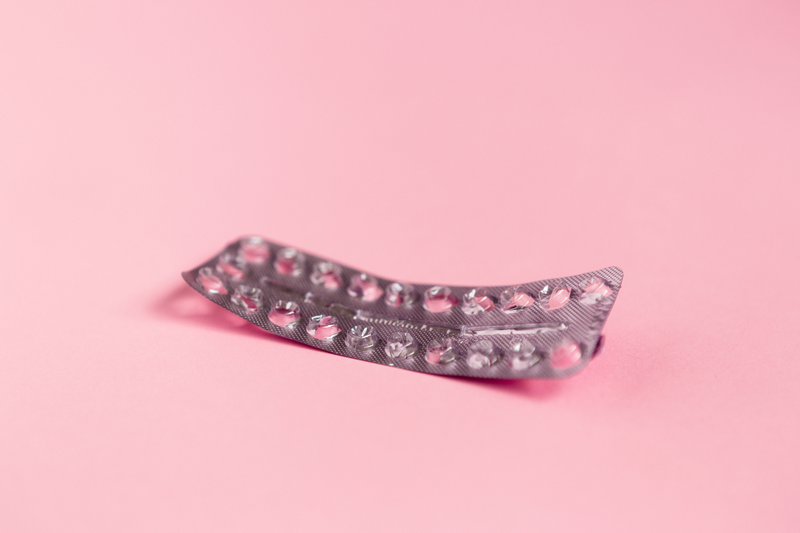Be careful with endocrine hormone disruptors
There is no conclusive evidence that endocrine disruptors in low doses make you sick or infertile.

Much scientific research is still needed for this. Because there are strong suspicions that endocrine disrupting substances can cause health problems, you have to be careful. Especially for pregnant women, children and adolescents.
What Are Hormones?
Hormones are chemicals that are naturally present in the body. They are produced by glands such as the thyroid gland, glands in the brain, the reproductive organs, the kidneys or the pancreas.
Hormones are released in the body and are carried by the bloodstream. They bind at the level of the tissues. Through this binding, they provide important signals to the tissues. For example, hormones play an important role in every phase of life: in growth and development, fertility, the immune system, metabolism and mood.
What are endocrine disruptors?
Endocrine disruptors are chemicals that come from the outside and can disrupt the normal functioning of hormones. This can be done in various ways:
- by mimicking hormones that cause the body to receive the wrong messages or block the action of the hormones;
- by preventing the transport of hormones through the bloodstream and thereby disrupting the concentration of the hormones in the blood;
- by disrupting the production and breakdown processes of hormones.
Hormone-disrupting substances can be found in cleaning products, personal care products, textiles, plastics and pesticides. We are exposed to it in many ways every day . They enter the body through inhalation, skin contact or food.
Health effects
Exposure to endocrine disrupting substances usually does not immediately lead to health disadvantages. Still, we have to be careful. There is strong suspicion that endocrine disruptors contribute to a number of health problems.
They are associated with, among other things:
- fertility problems;
- overweight;
- diabetes;
- premature breast development in girls;
- disorders in brain development.
Children, adolescents and fetuses (and therefore pregnant women) are particularly sensitive to the effects of endocrine disruptors. Their tissues are still developing and exposure to hormone-disrupting substances could have a lifelong effect .
In adults, the negative effects would usually disappear when exposure to the endocrine disrupting substance decreases or stops.
Lots of uncertainties
About eight hundred endocrine disrupting substances are already known. However, a great deal of knowledge is still lacking about their precise effects and when they occur. In addition, it is very likely that we do not know about many other endocrine disrupting substances. All this makes it very difficult for governments to take appropriate measures.
For endocrine disruptors, it is unfortunately not possible to determine the concentration in which they are safe and from what amount they are harmful. Even low doses could have harmful health effects. This depends, among other things, on the sensitivity of the individual, the phase of life, the concentration and the duration of exposure. They also often occur in combination with other substances, which can enhance or weaken their harmful effects.
Conclusion: try to avoid endocrine disruptors as much as possible and to live a healthy life. With a few simple habits you can already greatly reduce exposure to endocrine disrupting substances.
What can I do myself?
Source: Doctor Elise Rummens, prevention doctor CM, in collaboration with the intermutualist working group 'Environment and health'.
With a few simple habits you can already greatly reduce exposure to endocrine disrupting substances.
Elise Rummens

